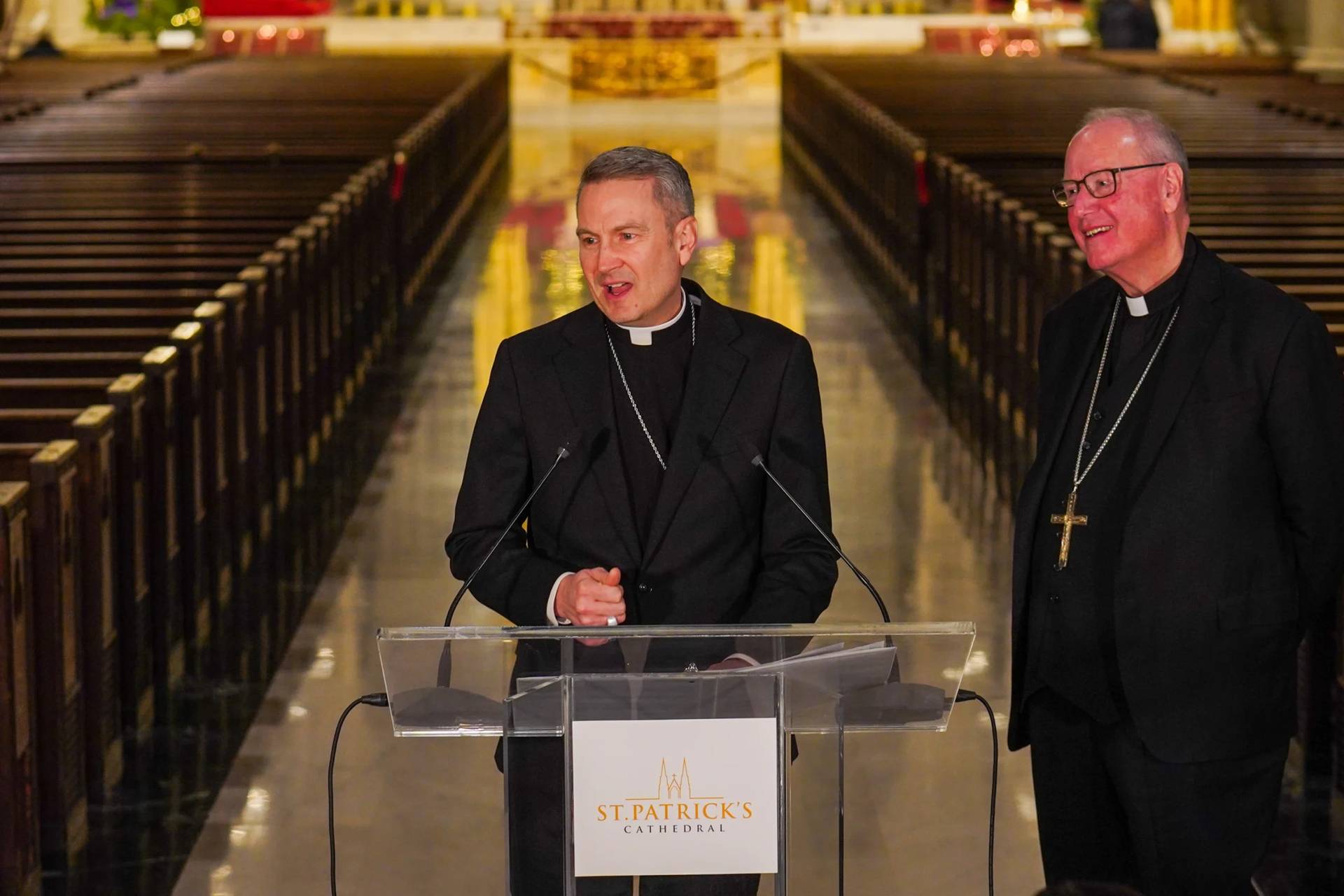COLUMBUS, Ohio — In releasing a list of clergy who have served in the Diocese of Columbus and have been credibly accused of sexual abuse of a minor, Bishop Frederick F. Campbell said he shares with “the faithful of our diocese sorrow, sadness and anger over such behavior.”
“I apologize to all victims for the abuse suffered, and hope that these disclosures will help bring healing to all victims and their families,” he said in a March 1 open letter to the diocese.
In compiling the list, he said, diocesan staff reviewed the files of nearly 2,000 clergy who served in the Diocese of Columbus since its beginning in 1868. The full list is available on the diocesan website.
“The Diocese of Columbus is committed to maintaining a safe environment for all children and youth, and I am hopeful that the release of this information will help restore the confidence of all faithful in the Church and in its clergy,” Campbell said.
Campbell explained that the list is organized into five sections and noted that it “will be supplemented based upon any future determinations of credible allegations.”
The list’s sections are as follows:
— The first contains the names of clergy incardinated in the Diocese of Columbus — officially a member of the diocese’s clergy — against whom a credible allegation of sexual abuse of a minor was made and investigated while the cleric was living.
— The second contains the names of clergy incardinated in the Diocese of Columbus against whom a credible allegation of sexual abuse of a minor was made after the cleric’s death. “This distinction recognizes that an allegation received after a cleric is deceased does not provide the opportunity for the accused cleric to be questioned.”
— The third contains the name of one priest incardinated in the Diocese of Columbus who was credibly accused of sexual abuse of a minor while on assignment outside the diocese.
— The fourth and fifth sections contain the names of “extern” clergy, who are those incardinated outside the Diocese of Columbus, or clergy belonging to different religious orders who served in the Diocese of Columbus and who were credibly accused of sexual abuse of minors.
Campbell said the diocese is “committed to full compliance with civil law” and the U.S. bishops’ 2002 “Charter for the Protection of Children and Young People,” its mandates for an annual audit and survey, and the “Essential Norms” that accompany the charter to assure that all dioceses adhere to it.
“The charter and ‘Essential Norms’ contain a comprehensive set of policies and procedures for addressing allegations of sexual abuse of minors by Catholic clergy, ensuring the safety of our children and youth, and creating an environment of transparency, accountability, reconciliation and healing,” he explained.
The Columbus Diocese “is committed to providing law enforcement officials its full cooperation with all matters of criminal behavior by anyone acting on behalf of the church,” he said, noting the diocese did that before the bishops required this as per the charter and norms.
Campbell said that since 2002, the diocese has trained more than 62,000 through the “Protecting God’s Children” program, and conducted more than 93,000 criminal background checks on people working with minors.
He also urged anyone with a claim of abuse by clergy or other church personnel to contact law enforcement immediately and also the diocese’s victim’s assistance coordinator by calling (614) 224-2251 or (866) 448-0217, or sending an email to: helpisavailable@columbuscatholic.org.
“I want to thank everyone at all levels who dedicate themselves to assuring the safety of our children and young people,” the bishop wrote in his letter. “As we move forward together into the future, let us all be strengthened by our loving Lord in the continuing work of assuring safe environments for all children and young people.”














